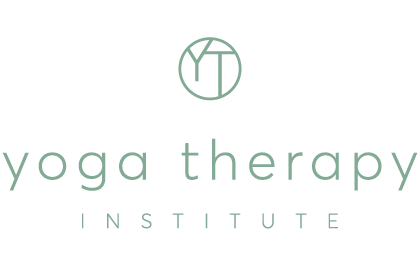According to the Reproductive Technology Council: It is estimated that approximately nine out of ten couples in their mid-twenties who are trying to have a baby will conceive within a year. About two-thirds of the remaining 10 per cent may be ‘sub-fertile’ and can be assisted by conception treatments. How does yoga therapy promote fertility?
Assisted Reproductive Technology (ART) includes a range of methods used to circumvent human infertility. It includes in-vitro fertilization (IVF), embryo transfer (ET), gamete intra-fallopian transfer (GIFT), artificial insemination (AI), all manipulative procedures involving gametes and embryos and treatment to induce ovulation or spermatogenesis when used in conjunction with the afore-mentioned methods.
The ‘causes’ of infertility may relate to ovulation, tubal or uterine factors, the male factor, sperm mucous interaction, endometriosis, sexual dysfunction or be simply unexplainable. Stress, depression and anxiety may have implications both in causing infertility or as a result of infertility and this is where yoga may be useful.
Yoga Therapy to Promote Fertility
One study showed that women who participated in a specially designed 10 week mind-body program were almost three times more likely to get pregnant than women who didn’t. Participants were randomized into a cognitive behavior group, a standard support group or a routine care control group, and were followed for one year. The cognitive behavior group received methods for emotional expression, nutrition and exercise information and relaxation training – including yoga, meditation, muscle relaxation and imagery and also learned cognitive restructuring. While the study had a number of limitations it showed statistically significant differences in the two intervention groups versus the control group. (1)
Another study on depression and IVF outcome suggested that because mind/body programs are effective in reducing negative emotions that may impair IVF success, patients should be offered such a program in conjunction with IVF. (2)
The psychological benefits of yoga are well documented and can help reduce stress, including stress associated with infertility and/or the treatments themselves. Stress can have multiple effects in the body including inhibition of hypothalamic GnRH, activation of the hypothalamic-pituitary axis and alternations of the immune system. The impact of these perturbations by psychological stress and depression could then, in turn, adversely affect ovulation, fertilisation, tubal function or implantation.
Other benefits of yoga may include:
- Physical practices to encourage the flow of apana (the downward moving prana) which may help increase micro-circulation in the reproductive tract.
- The practice of pratipaksha bhavana to cultivate positive thoughts and emotions
- Practices such as iRest Yoga Nidra which can help couple explore and better deal with the negative thoughts and emotions associated with fertility issues.
Resources
- Domar, A; Impact of group psychological intervention on pregnancy rates in infertile women, Fertility and Sterility, April 2000, Vol 73, No 4, pg 805-811
- Demyttenaere K, Bonte L, Gheldof M, Veraeke M, Meuleman C, Vaderschuerem D et al, Coping style and depression level Influence outcome in vitro fertilization, Fertil Steril, 1998: 69: 1026-1933
